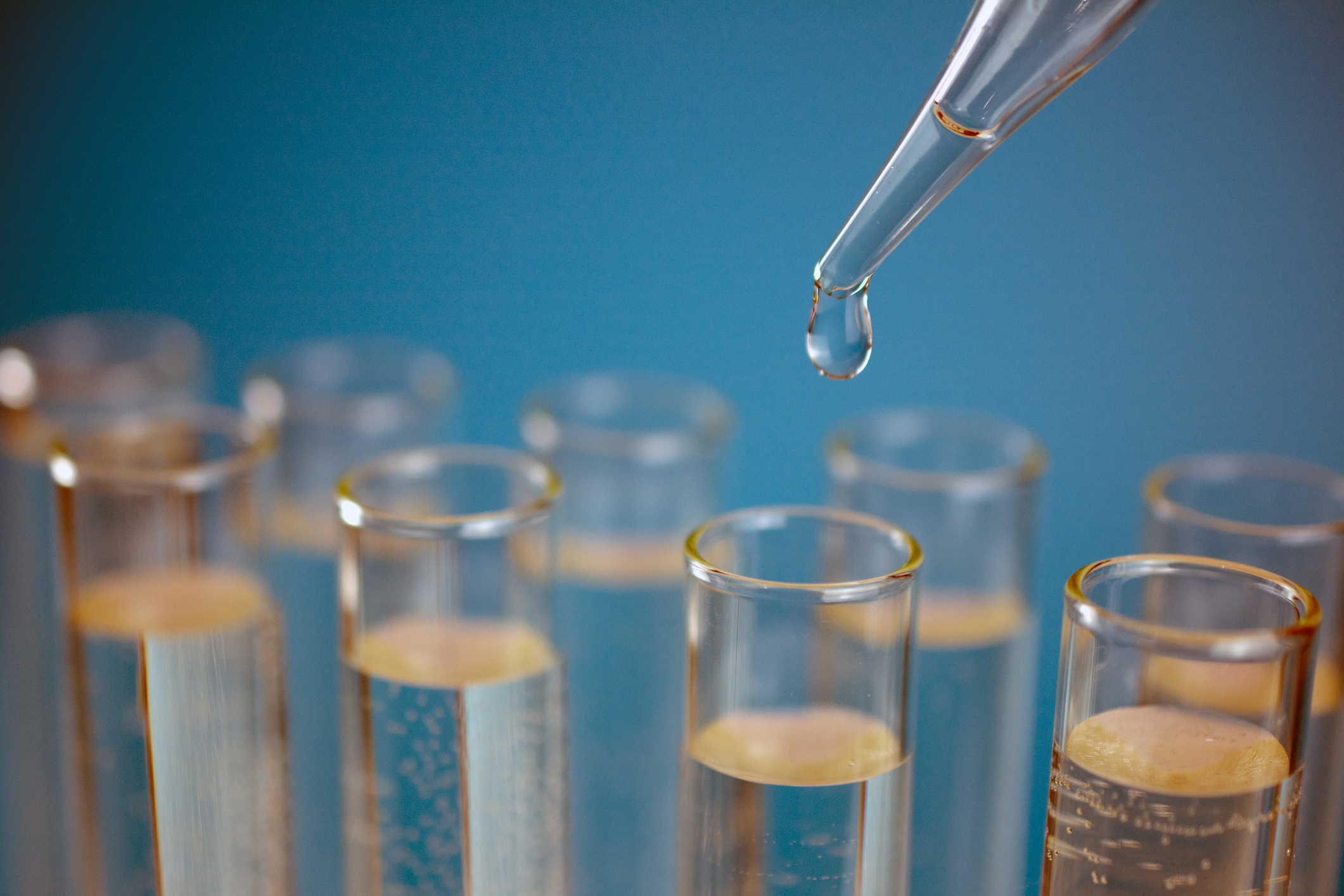
Water plays a tremendously important role in modern manufacturing. Without water, it would be impossible to build products with metals, lumber, chemicals, paper, plastic, and more. For example, producing a single T-shirt requires 659 gallons of water—enough to keep a human alive for nearly two years.
Water also takes center stage in the food and beverage and pharmaceutical industries. Companies that operate in either space need to maintain high water quality standards to ensure FDA compliance and, most importantly, prevent their customers from getting sick.
What’s more, businesses that want to reuse water or release used water need to ensure that it’s clean and meets local and national water quality standards.
Suffice it to say that ensuring that water is clean is a top priority for many organizations.
That isn’t as hard as it might sound. By using water quality instruments, companies get the peace of mind that comes with knowing their products are safe and the water they release or reuse is free of contaminants.
How Do You Measure Water Quality?
Today’s most sophisticated inline water quality instruments relay continuous readings to a computer so that your team can monitor water quality in real time—taking corrective action when necessary.
With the right water quality instruments in place, measuring water quality is easy.
Just find the right tool for your needs, drop it in the water, and either manually read the data or wait for results to come in. With that information on hand, you can figure out whether any adjustments need to be made and, if so, what those adjustments should be.
What Water Quality Components Are Measured?
Different kinds of businesses are interested in measuring different water characteristics.
For example, aquaculture companies monitor dissolved oxygen to ensure that fish and other sea creatures are able to survive. Some other components that can be measured include:
1. Total dissolved solids (TDS)
With the right water quality instruments in place, you can determine how many ionized solids have dissolved in a liquid without having to evaporate the water and weigh residual elements. TDS testers can also be used to identify hard water, among other things.
2. pH
Horticulturists need to constantly monitor pH levels to support plant growth. With a pH meter in place, you can measure the amount of hydrogen and hydroxyl ions present in a solution to determine its acidity or basicity. Ensuring proper pH levels is critical to sustaining plant life.
3. Oil in water
Oil is one of the most common and obvious pollutants in water. Just a little bit of oil can contaminate enormous volumes of water.
Good news: Water quality instruments can be used to detect whether any oil has contaminated the water your company is working with.
4. Temperature
Water’s temperature plays a critical role in biological activity and growth. It also has an effect on water chemistry. As such, it’s critical to actively monitor water temperature to make sure it is within proper predetermined ranges.
5. Electrical conductivity (EC)
Conductivity refers to water’s ability to conduct electricity. The more salinity water has, the higher its EC levels will be. Measuring conductivity is important because extreme levels of EC can hurt aquatic and plant life and influence water chemistry.
6. Oxidation-reduction potential (ORP)
ORP measures whether water is able to oxidize or reduce oxidation in another substance. Positive ORP readings indicate the water is an oxidizing agent, while negative readings indicate it’s a reducing agent.
7. Turbidity
Turbidity measures the cloudiness of water. Generally speaking, higher turbidity can have damaging effects on aquatic life and should be avoided for consumption purposes.
Why Jenco Instruments Are More Advanced
For more than 45 years, Jenco—a family-owned water quality instrument company—has been engineering innovative products that help you ensure your water quality is up to your standards.
We hand test all of our products to make sure that they function as designed right out of the box so you can rest comfortably, knowing that you can put our tools to use right away.
Our extensive industry experience and know-how help us create products that meet our customers’ specific needs—no matter what they are.
Learn more about our products—and where to get them by clicking here.

Comments